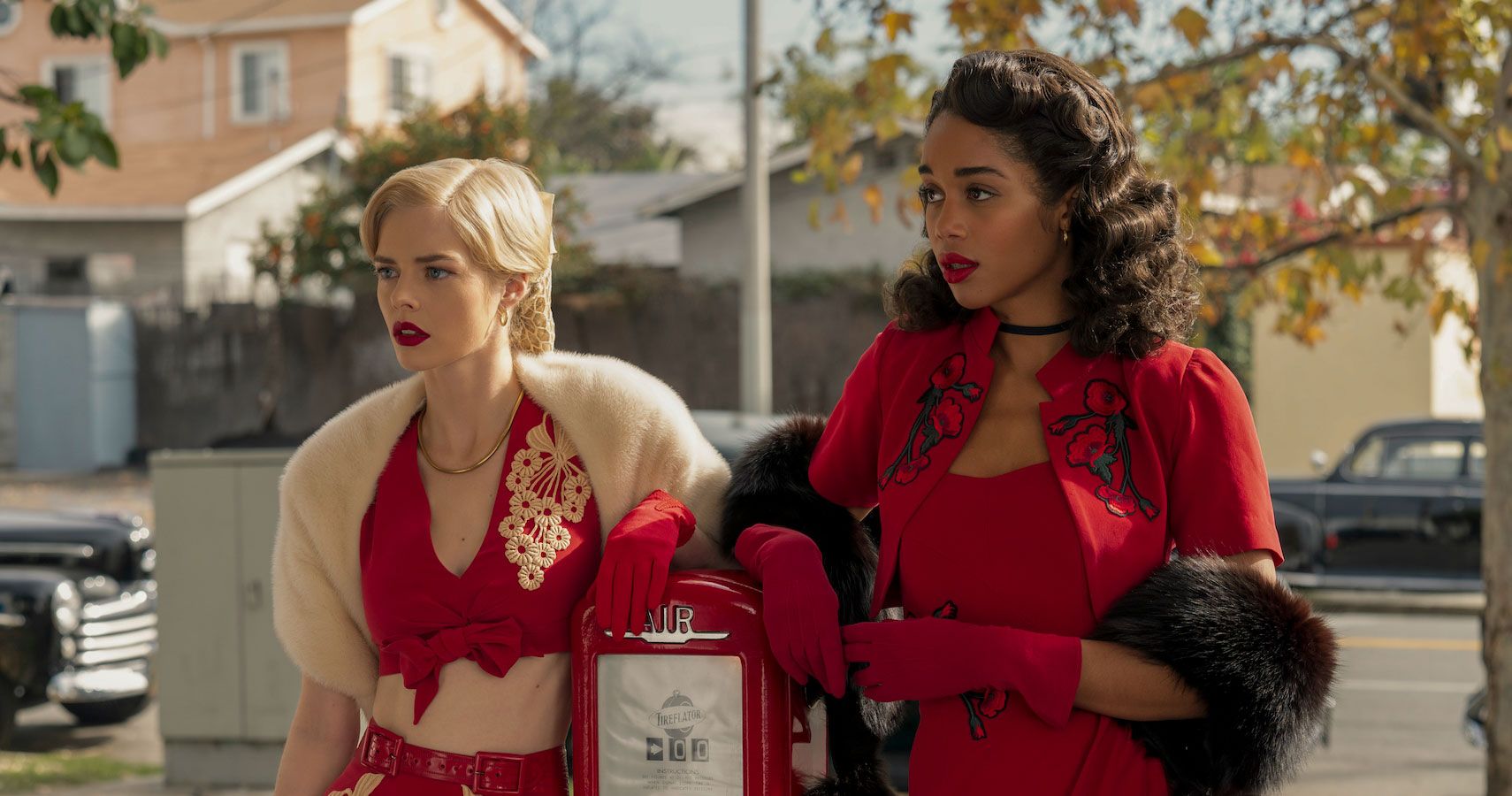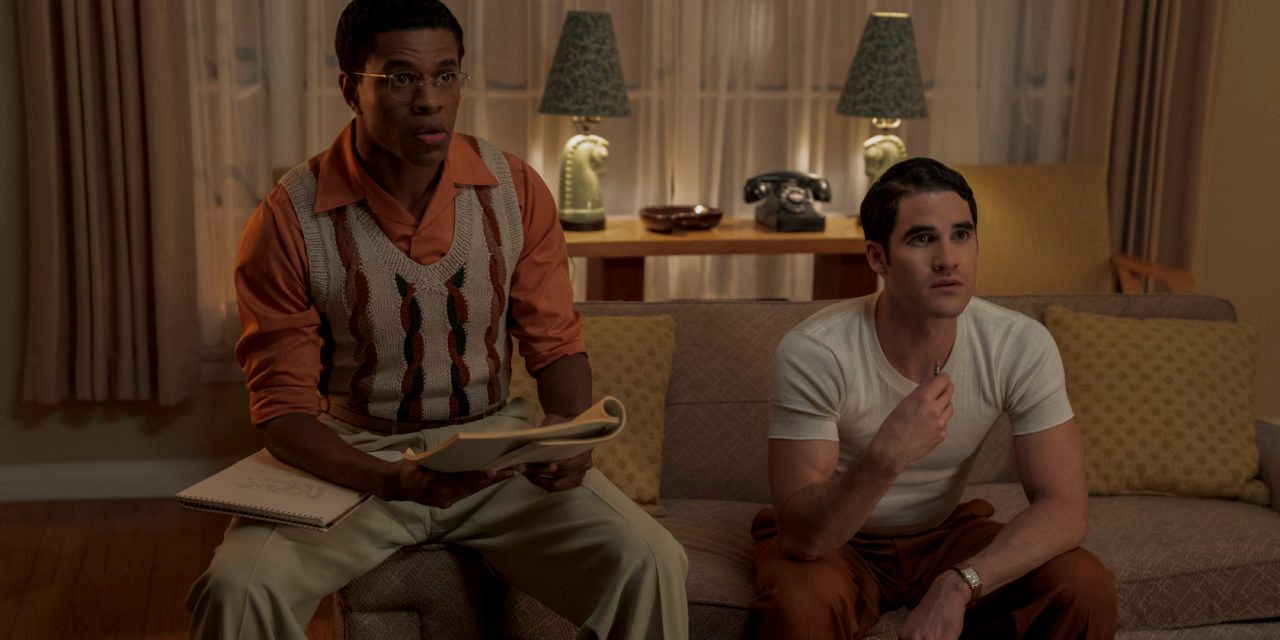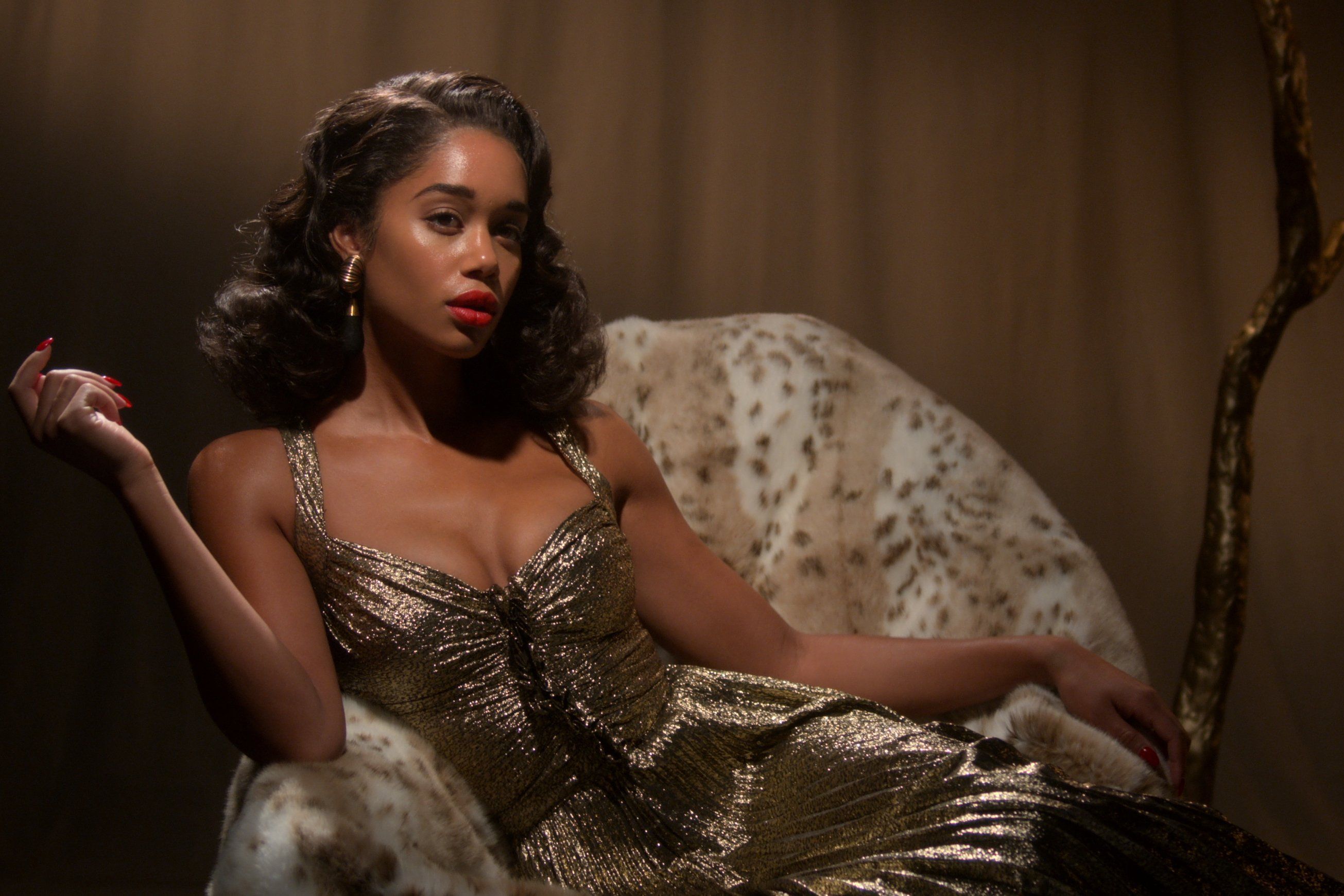There’s no place like imaginary Hollywood: This is the bottom line of the new Netflix show created by prolific showrunner Ryan Murphy with Ian Brennan, and set in 1940s Tinseltown.
Murphy, the visionary mind behind shows such as Glee, Pose, and American Horror Story, transports the audience to the Golden Age of Hollywood. Right after World War II, with the studio system still in place, large motion picture studios were shooting films primarily on their lots. All productions would star contracted actors whose fame would become intertwined with that of the company they worked for.
The seven-episode miniseries focuses on a fictional major studio, Ace Pictures, and its actors, directors, screenwriters, and producers. Unlike your usual glamorous Hollywood fictional story, Murphy and Brennan’s deviate from history massively, giving center stage to a group of people — people of color, queer people, and women — the movie industry hasn’t always showered with good roles and opportunities.
Hollywood Puts The Outsiders In The Spotlight
*Warning: spoilers for Hollywood ahead*
Glee alum Darren Criss stars as Raymond Ainsley, a half-Filipino director teaming up with black, gay screenwriter Archie Coleman (Jeremy Pope) to produce a picture about Peg Entwistle, an English actress who jumped to her death from the H of the Hollywoodland sign several years prior.
Actors Jack Castello (David Corenswet), Camille Washington (Laura Harrier), Claire Wood (Samara Weaving), and a fictionalized version of real-life Hollywood legend Rock Hudson (Jake Picking) complete this bunch of outsiders with big dreams and a seemingly impossible mission: fight prejudices and make Hollywood a little more inclusive with one revolutionary movie.
Determined, talented black actress Camille, in a relationship with Raymond; wants to change the game and land a lead role, which is an unprecedented occurrence for a non-white woman.
Before her, Gone With The Wind's Hattie McDaniel had won an Academy Award for the role of Mammy, the house servant of protagonist Scarlett O'Hara, portrayed by Vivien Leigh. But Camille is tired of being cast as the maid and being forced into a stereotypical, problematic portrayal of blackness.
She asked Raymond and Archie to turn their movie Peg into Meg and cast her as black protagonist Meg Ennis, an actress looking for her big break in Hollywood. When they accept, they’re well aware the road to inclusive representation is bumpy and uphill.
But like in a fairytale, Hollywood gets rid of all the obstacles blocking the hero’s path, paving the way for the happy ending we so rarely get to see onscreen. And it rewards the audience with beautiful moments, such as the scene where Camille and a fictionalized version of Hattie McDaniel (played by Queen Latifah) hug at the Academy Awards, the place where the real-life Oscar-winning actress was asked to sit at a segregated table in 1940.
Despite featuring McDaniel and other real-life Hollywood crucial figures, including actress Vivien Leigh and director George Cukor, the miniseries takes artistic license to the next level and rewrites history in a way that divides critics. On top of that, Hollywood fails to address the corruption of the movie industry and takes the trading of favors, including sexual favors, as a given, but its fantasy has a noble moral.
Movies Can Change The Way We See The World
With this gorgeous, lavish, moving period drama peppered with Easter eggs for movie buffs, Murphy and Brennan are saying something about our times. In 2020, it’s still hard for queer actors and actors of color not to be pigeonholed in clichéd roles and for women to play something other than the love interest. Or to sit in the director’s chair or be the head of a production company.
If the paradigm is slowly, but hopefully steadily, being shifted, it’s thanks to those who are challenging the status quo and speaking up about the injustice and harassment endured, like blacklisted actress Mira Sorvino (Jeanne Crandall on the show) and the other women of the #MeToo movement.
Murphy's show doesn’t suggest that Hollywood would be dramatically different today had marginalized people and those in power been braver eighty years ago. What it does is implying that the movie industry can still do better in terms of representation this very day. And that by increasing representation onscreen to incorporate diverse voices and experiences, the way we look at the world will change accordingly. Most importantly, our idea of whom we expect to see in charge of the world will expand to include something other than the white, male, straight, cis majority.
Hollywood might be a fairy tale, but it's the kind of fairy tale we need today: one reminding us — whether industry workers or part of the audience — that it's our duty to demand better stories and a better present.



